A week and
two days before my twelfth birthday, the church bell rang.
Up until
then, it had seemed like a normal day. Mamma had told me to practice my
arithmetic. At first, I shook my head so hard that my braids flew, but Mamma
sighed at me the way she sighs at Pappy.
“Mara
Elspeth Bennet, just yesterday your Grampy asked me whether you could divide,
and I had to tell him no.” After that, I felt really small, so I let her write
out some problems on my slate.
I took the
slate and two pieces of chalk down Crannock Hill to Grampy’s mill pond and
tried to make a start, but I hated division, so what I really did was sit on a
big rock and smell the grass and watch the water turn golden in the late
afternoon sun. Division doesn’t make sense to me. You have to figure out how
many times one number goes into another, and there seems to come a time where
you just have to guess. So, I dug the side of my slate with a fingernail and
thought about other things. I thought mainly about justice. Most of the girls
in Crannock Dale learned their letters and maybe sums
and that
was enough. I was the only one who had to keep on with numbers, and I didn’t
think it was fair.
Just
because Pappy went to school in Caer City is no reason. Once, I remembered, I
said that to Mamma.
Mamma told
me I had a choice—if I didn’t learn arithmetic, I could grow up to be a
farmhand’s wife. When Mamma says you have a choice, she means you don’t.
Another
time, I complained about numbers to Pappy. He told me that the reason why I had
to study things other children didn’t was that I was smart. I said I wished I
was smart enough to get out of studying arithmetic. He said that would be
metasmart. I think that’s a word he made up, but I like it.
Anyway, while I was thinking about those things, the bell donged. And it was Nurnsday. My first thought was to be glad because it wasn’t division, and maybe there would be some excitement. The bell was supposed to ring on Yisday. First, the people in Minton Pass were supposed to ring their bell, and when we heard it, we were supposed to ring ours. Then the people in Merryhock and Glenet Bridge were supposed to hear us, and they were supposed to ring their bells to warn the villages farther down the valley. That was how we practiced spreading the alarm, so we would know how to call for help if the Pure Men of Waan attacked.
Once, when
Pappy and Mamma and I were having dinner with Grampy, I said that if I was
Queen of Waan, I would invade on a Yisday, so that when the bells rang, people
would think it was just for practice. Everyone laughed, even my grandfather, as
if it was a joke. I laughed too, because I was pleased to have the grown-ups
listening to me, but I thought I really would.
Now I
wouldn’t, because now I knew that queens aren’t important in Waan. No one told
me that. I found out for myself. My uncle Tate bought a broadsheet pamphlet
about Waanish depravities. It was full of words which I’m not supposed to say,
but he forgot and left it on a chair when my mamma took me to his house for a
visit.
While the
grown-ups were talking, I read the parts of the broadsheet that were facing up.
That’s how I learned that kings in Waan have lots of wives, and that they keep
them locked up. They also have concubines and catamites, who count for even
less. So, now I would never be on their side.
After the
bell rang, there were a few minutes in which nothing seemed to have changed.
The paddlewheel was still splashing around in the stream, and the same growling
noise was still coming from inside the mill. Then I heard another faint chime.
This one came from the hills behind me. That meant the Minton bell was ringing
after ours, and that the alarm was spreading from south to north. And we never
practiced like that, because Waan was north of us.
That was when I realized that something real was happening. And that was when I got scared.
Despite the darkness, I felt exposed, hemmed in between the surf
and the cliffsides. The path up the cliffs was at least a quarter of a mile
behind us. Ahead, the stony shoreline stretched on for perhaps three more
miles. And if we continued to the end of the beach, I thought, and rounded
Turnbow Head, we would come to the Caer City docks. That was hardly the place for
three seventeen-year-old St. Alexander’s girls to be after dark.
Gretchen led the way, splashing through a tidepool. Ginny
hesitated. Then she lifted her skirts to her knees and followed. I took the
rear, pausing occasionally to glance at the clifftops, and at our route back to
the path.
“Here we are, people.” Gretchen stepped up on a seaworn boulder
and faced us. Masses of seaweed clung to the stone beneath her feet. My father
had been a sailor, and he once told me that the kind of seaweed grasping at our
feet is called knotted wrack. I thought of knots, and of the rack. I was in
that kind of mood.
Gretchen looked at me. “Well, Mara, you said you wanted to see the
place for yourself. What do you think?”
All of us turned and gazed at the limestone precipice to our west.
The cliffs rose to a peak a good two hundred feet above our heads. A lone tree
stood at the top of the cliff, its leafless branches sloping back from the sea.
The smell of knotted wrack hung in the air.
Ginny shuddered. “I don’t like it.”
“If Annie jumped here, that was the end of her.” Gretchen shook
her head. “Holy, heavenly Belthor.”
“If she jumped here, it would have killed her.” I felt a horrible
lump in my throat. “But . . . but look at that.” I turned my head to glance at
the sea. “The water is a good twenty yards from the cliffside. And the tide was
full when we got to the beach. Mistress Franklin said she jumped at dawn. The
tide was out then—there’s an almanac in the school library—I checked.”
“So, what are you saying, girl?
“I’m saying there’s no way she would have ended up in the ocean.
She would have hit the rocks, and the city watch would have found her body.”
“You say that girl—” Gretchen gazed at me for a moment. “Maybe she
lay there for a while and the tide came in?”
“No. I mean, not if Headmistress Franklin told us the truth. The
headmistress said the clamdiggers saw her while she was still alive. It was
dawn then, and the watch started looking for her right afterward.”
“So . . . what do you think happened?” To my ears, Gretchen’s
voice had taken on a needling tone.
“I have no idea.” I felt as if Gretchen had been trying to force me to confess that, and I was cross about having to gratify her. “But I think the headmistress lied to us. I think Pastor Avery lied to us. Everyone is lying to us—"
I put out my candle since I no longer needed it in the lamplight.
Then I stripped, hanging Mrs. Portius’ linens next to the fuchsia silks. I
thought through how I might react if attackers burst in upon me while I was
naked. There was a long-necked bottle of heavy green glass by the tubs which I
thought I might use as a weapon.
I did not actually expect to be attacked. I trusted the spa staff,
to the degree that I found it wise to trust anyone. I am anxious, I
confessed to myself, because I am about to see Annie. It had been one
thing to exchange letters with her once or twice a year from thousands of miles
away. It would be another to look into her eyes.
Nevertheless, I laid my undergarments on the bench and opened the warm door. Vapor rolled out. I entered the room and shut the door behind me, reeling in the heat. Another lantern hung from the ceiling, allowing me to make out pine benches stacked like bunk beds against the rust-colored limestone walls of a compact chamber. Annie reclined on a pallet the height of my shoulders, her body glistening.
When I focused my attention upon the present, I found I welcomed
it once more. It brought me back from dreadful thoughts, it seemed to offer
solidarity and it set my nerves to tingling. Like my dreams, it was at odds
with the lives Kieran and I had made for ourselves. As with my dreams, I found
the alternative possibility alluring.
The moment was dreamlike in other ways as well. I thought it
entirely possible that Kieran and I would be dead before the high evening sun
of the northern spring went down. It seemed likely that the land we had lived
our lives in was doomed as well, along with all the people we had ever known. A
part of me doubted that anything Kieran and I did in that moment would have any
consequence.
Despite the desperation hanging over us, part or me felt full to overflowing with life’s potential. It would have been exquisite to bring that potential forth. I wanted to coalesce, to precipitate, like a cloud giving up rain.
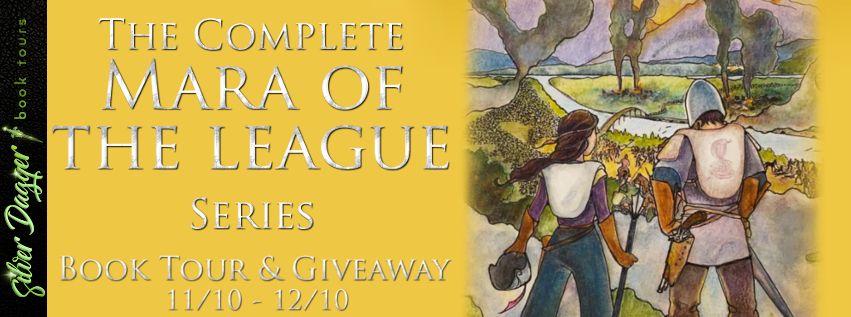
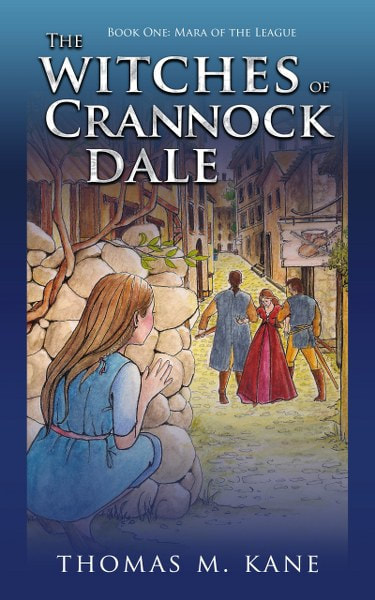
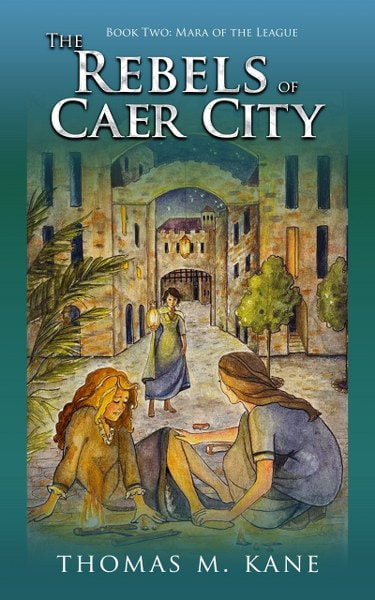
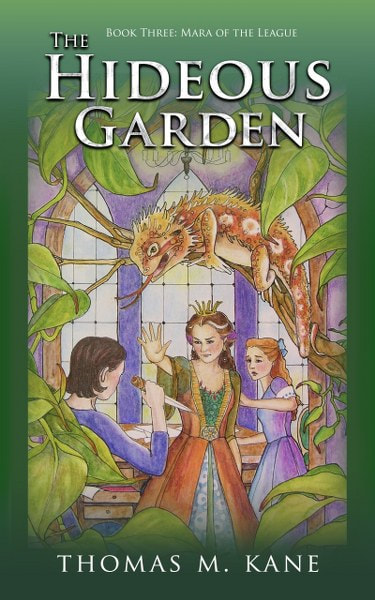
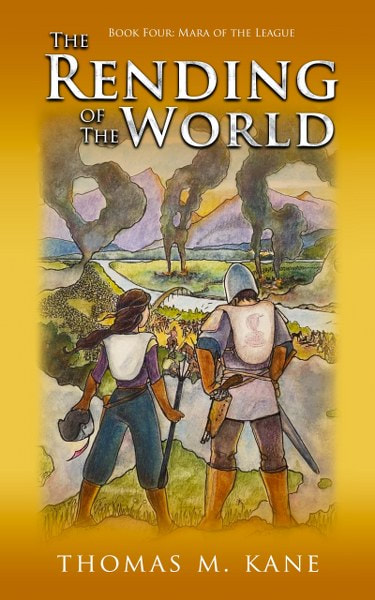
What a wonderful series!
ReplyDeleteThanks for the great blurbs and excerpts. The whole series sounds very interesting.
ReplyDeleteTerrific covers
ReplyDelete